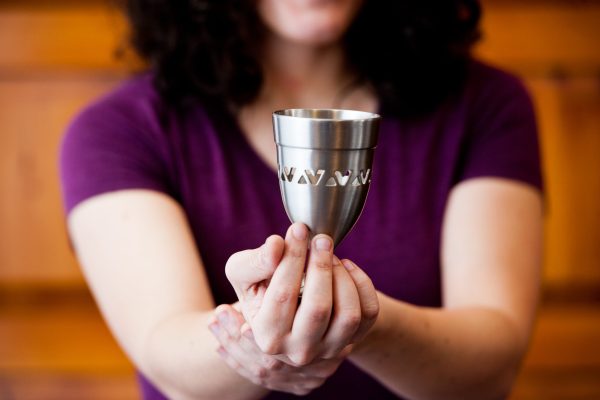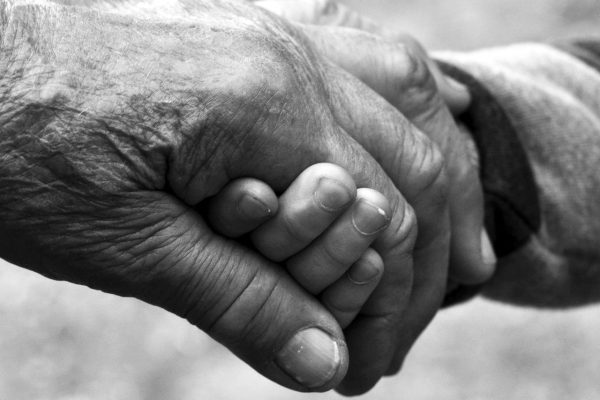הָא לַחְמָא עַנְיָא דִי אֲכָלו אַבְהָתָנָא בְאַרְעָא דְמִצְרָיִם. כָל דִכְפִין יֵיתֵי וְיֵיכלֹ, כָל דִצְרִיךְ יֵיתֵי וְיִפְסַח. הָשַתָא הָכָא, לְשָנָה הַבָאָה בְאַרְעָא דְיִשְרָאֵל. הָשַתָא עַבְדֵי, לְשָנָה הַבָאָה בְנֵי חוֹרִין
HA LAHMA ANYA DI AHALU AVHATANA V’IMHATANA B’AR’A D’MITZRAYIM. KOL-DIHFIN YEYTEY V’YEYHUL; KOL-DITZRIH YEYTEY V’YIFSAH. HA’SHATA HA’HA; LA’SHANAH HA’BA’AH B’AR’A D’YISRAEL. HA’SHATA HA’HA ‘AVDEY; LA’SHANAH HA’BA’AH B’NEY HORIN.
This is the bread of affliction which our ancestors ate in the land of Egypt. Let all who are oppressed come and eat; let all who are in need come and celebrate Passover. In the here and now some are still enslaved; by next year in the land of Israel and everywhere, may all be free.
For generations, we Jews have made this declaration at our Passover seders. Now we must turn our thoughts to the 27 million people in slavery today—the largest number in human history; but thankfully, also the smallest percentage of the world’s population in history. How can we ever hope to eradicate this horror? In truth, after 5,000 years of human slavery we can bring it to an end.
In the United States, we swept away legal slavery over a century ago. Then courageous campaigners, fighting both financial interests and governments, brought an end to the abomination of slavery in other places as well.
Those heroes won great battles for us. Today we do not have to win the legal argument—laws against slavery exist in almost every country. Today we do not have to win the economic argument—in the past many national economies were based on the profits of slavery, but no more. If all slavery stopped today, no industry or country would suffer economically; only the criminals who profit from slavery and human trafficking would be disadvantaged. And today we do not have to win the moral argument; almost everyone in the world agrees that slavery is wrong.
We were slaves in the land of Egypt, and so we must know the pain of those who still are enslaved. We must be deepened by our past and our historical experience, and so we must act. We must bring increasing awareness and pressure governments to enforce their own anti-slavery laws. After 5,000 years of slavery we can commit ourselves to its eradication in our lifetimes. The bread of affliction again has become the matzah of hope. It stirs us to imagine a world where every person is born in freedom, to imagine the day when everyone lives in liberty, and to imagine our world in which all are free!
Written by Shir Hadash Reconstructionist Community, St. Louis, MO, www.shirhadashstl.org; based on an article by Kevin Bales, Co-founder of Free the Slaves.











